
Sometimes, it’s not the lifetime that matters—it’s the aftermath. Some voices grew louder in the silence, and some ideas took root once the spotlight faded. These ten individuals weren’t just influential during their time—they created something enduring and powerful. So, let’s explore the legacies of those whose impact speaks louder than a thousand tributes ever could.
Nelson Mandela
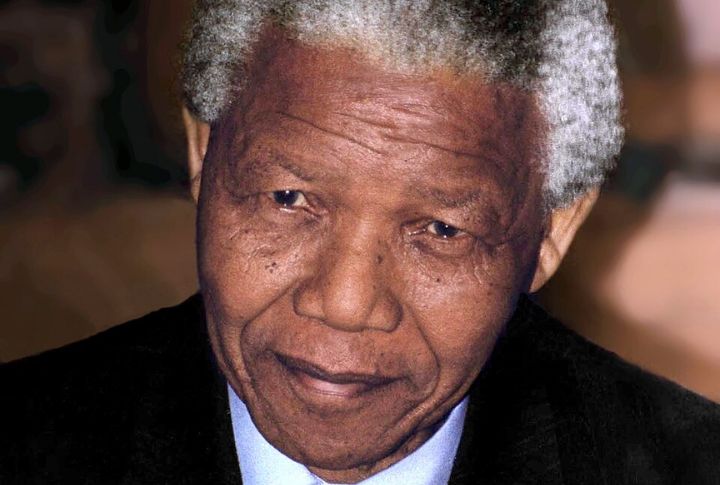
Mandela had already seen freedom bloom in South Africa. Yet today, he’s more than a national hero—he’s a global symbol of reconciliation. His posthumous tributes include schools, awards, and even a UN-designated Nelson Mandela International Day on July 18, urging global acts of service.
Abraham Lincoln
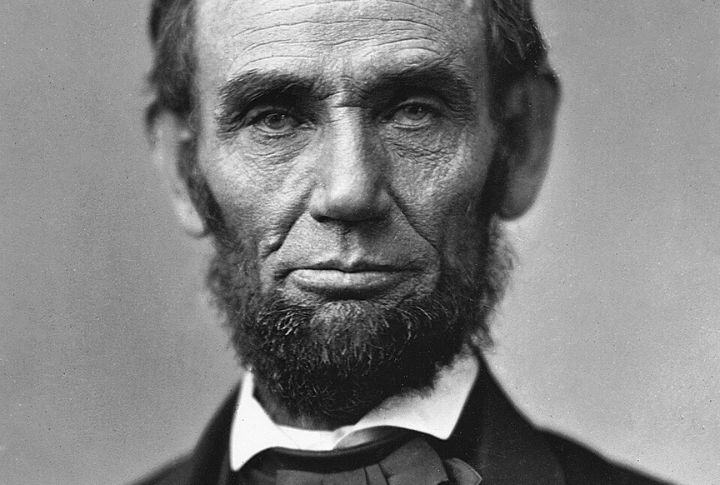
Lincoln’s legacy grew even stronger after that tragic night at Ford’s Theater. Through his leadership during the Civil War and the Emancipation Proclamation, he redefined the nation. But after that fateful moment, he became a mythic figure—the “Great Emancipator,” idolized in history books and political speeches to this day.
John F. Kennedy
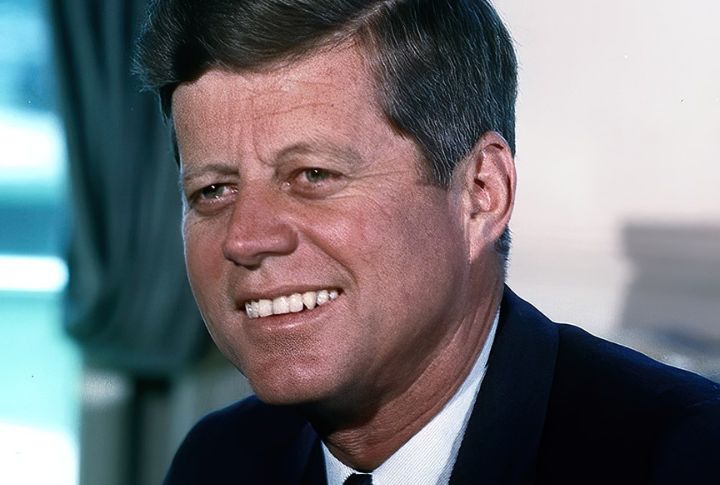
John F. Kennedy wasn’t just a president; he became a lasting symbol of American possibility. His leadership sparked bold goals like the moon landing and reshaped how the world viewed public service. Decades later, fascination with the Kennedy story and style still shapes political narratives and public memory.
Franklin D. Roosevelt
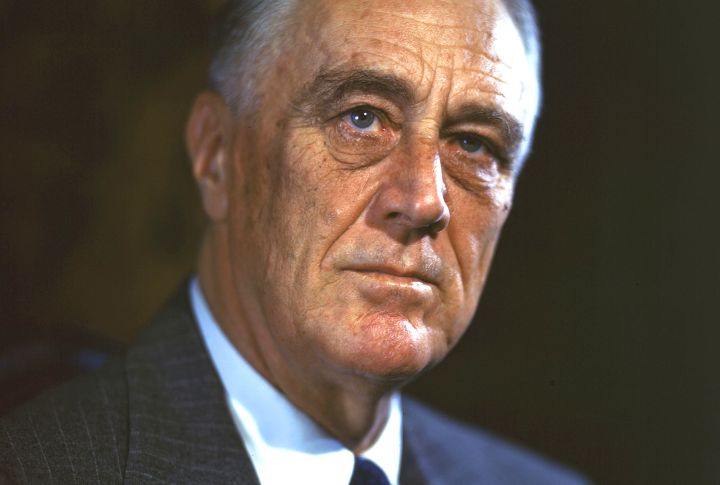
Four terms in office gave FDR the chance to reshape the presidency and steer the nation through its darkest hours. In the wake of his 1945 death, New Deal reforms continued to influence American policy as future leaders adopted parts of his crisis-driven leadership framework.
Vincent Van Gogh
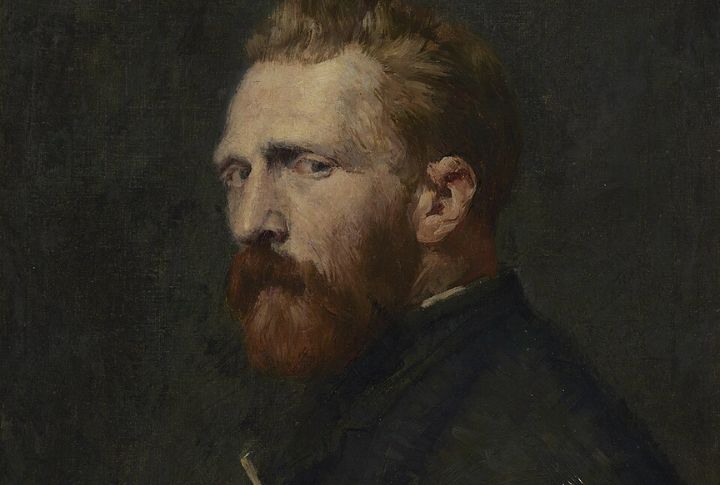
No fame, no fortune—just one painting sold while alive. Van Gogh’s demise in 1890 changed that forever. Celebrated only after his passing, he’s now one of the most recognized names in art. “Starry Night” prints hang in dorm rooms and museums alike, speaking to a tortured brilliance.
Franz Kafka
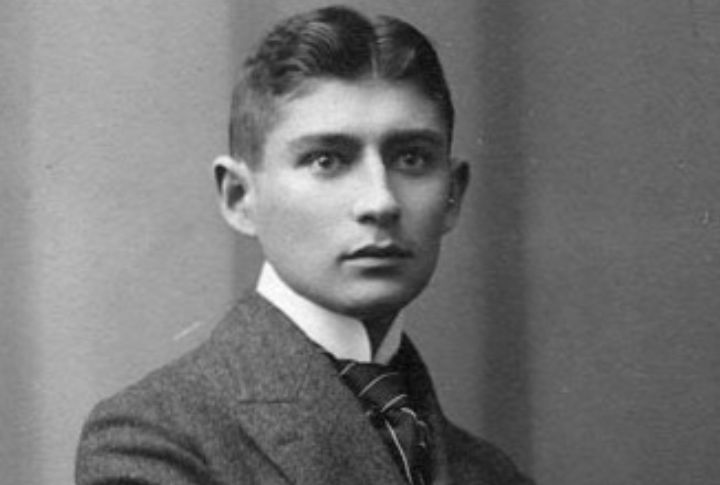
Kafka’s wish was for his work to be destroyed after he was gone. However, his friend Max Brod refused. “The Metamorphosis,” “The Trial,” and “The Castle” weren’t published until after Kafka’s demise in 1924. Now, “Kafkaesque” is part of the dictionary and is used everywhere from politics to pop culture.
Mother Teresa
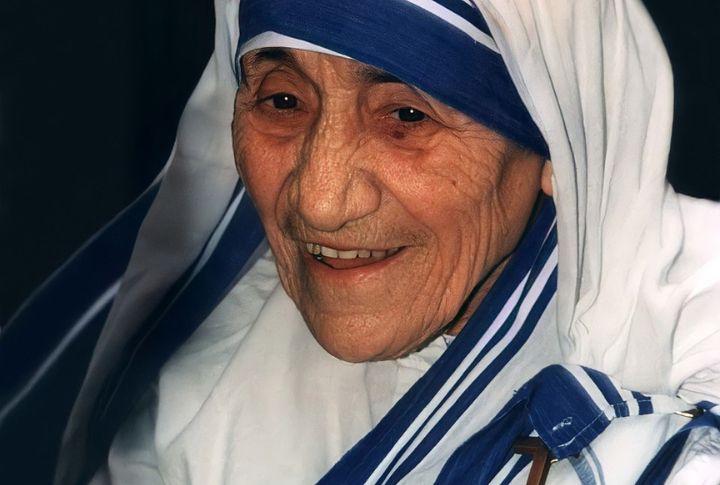
Already a household name during her life, Mother Teresa passed in 1997—but sainthood followed. Canonized in 2016, her posthumous influence grew through the continued work of the Missionaries of Charity. Her life’s work sparked debates and countless imitations in the world of humanitarian care.
Emily Dickinson
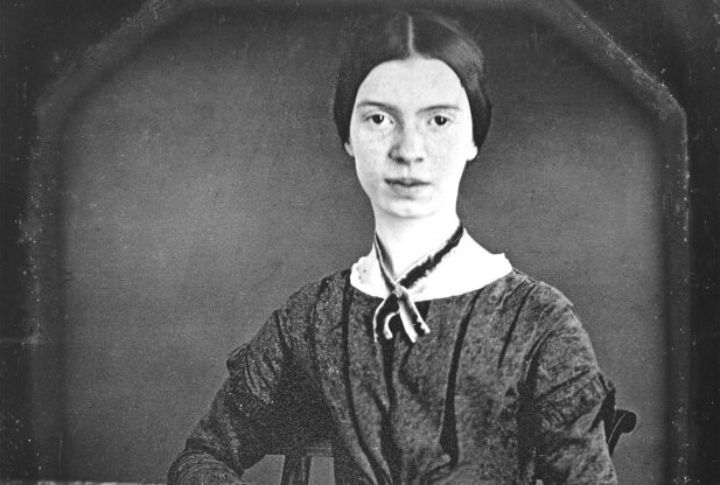
Only a few of her poems were published while she lived. Today? Over 1,800 have since been discovered and released after her death. Dickinson lived a reclusive life and ultimately became one of the most studied poets in American literature. That legacy proves quiet voices can echo for centuries.
Mahatma Gandhi
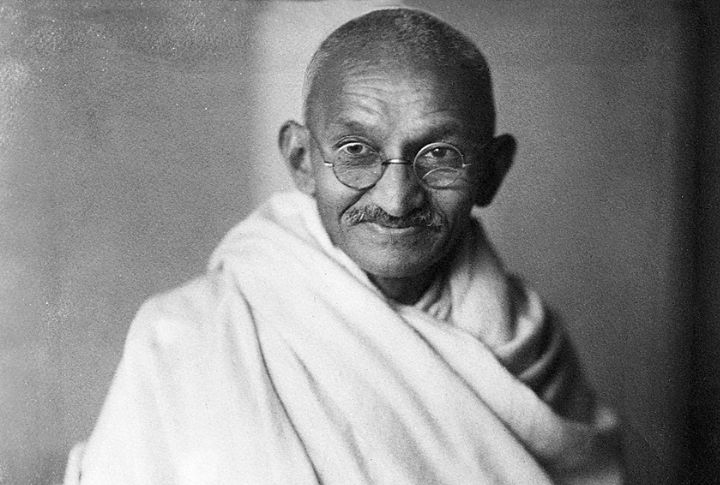
Nonviolent resistance wasn’t always headline material until Gandhi turned it into a global movement. Though he was killed in 1948, the methods he championed influenced figures from MLK to the Dalai Lama. The Indian rupee still bears his face, and those principles continue to shape justice movements around the globe.
Martin Luther King Jr.
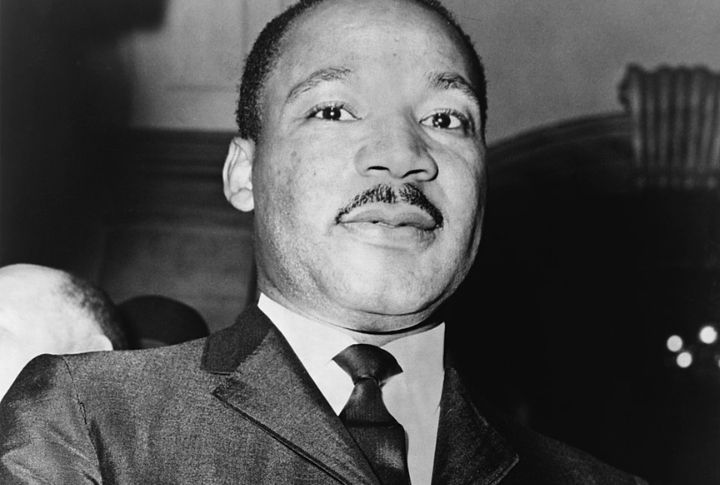
Statues, streets, and speeches still echo his dream. But it’s the policies and people he inspired that truly stretched beyond his lifetime. The Civil Rights Act passed while he lived, but his passing sparked renewed momentum. King’s name now defines justice worldwide, including an annual U.S. holiday.

